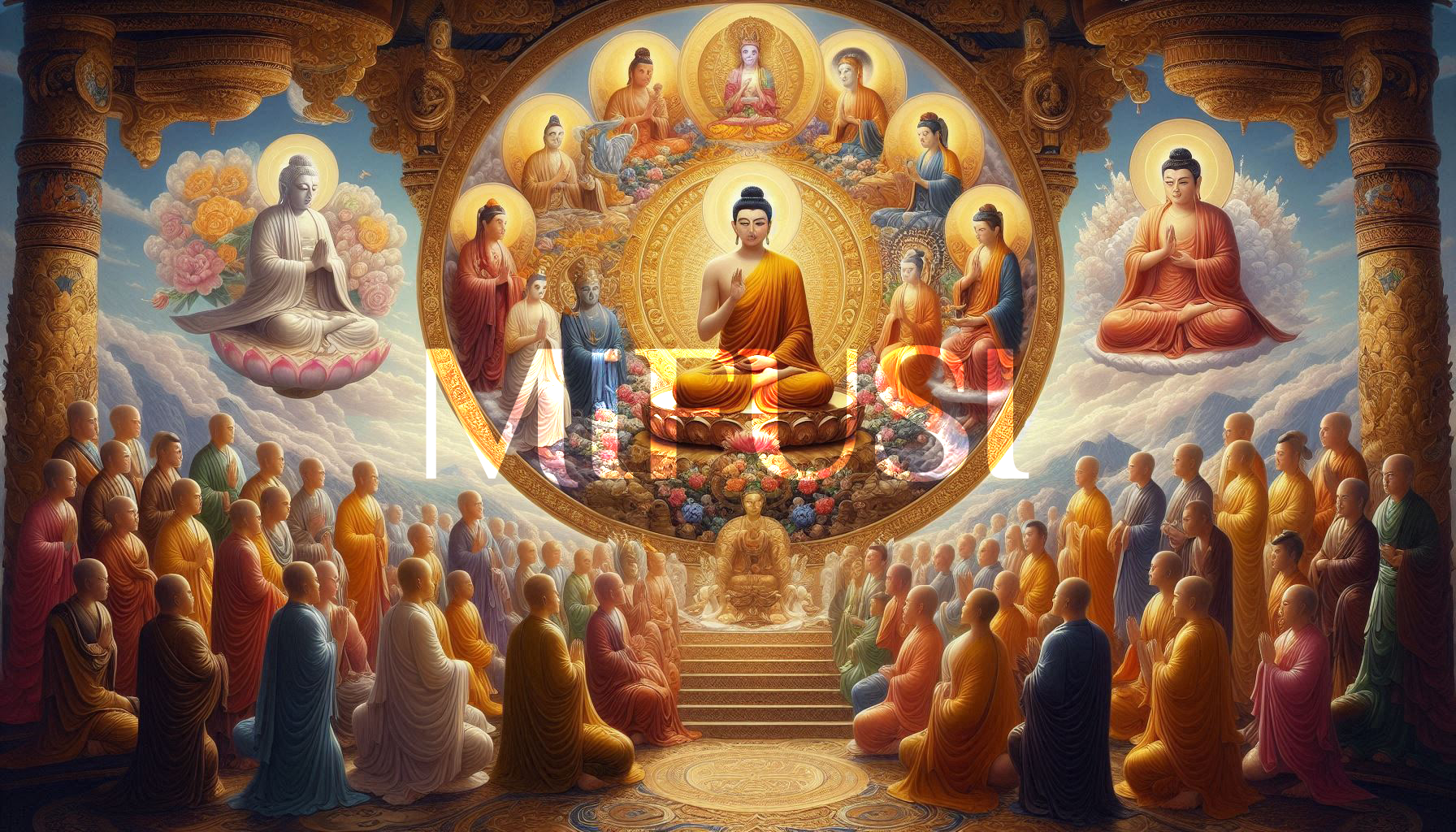Atheists Trumps Fanatics
Thà là người vô thần… by Dianichi on Wed Nov 19, 2008 3:04 pm
Sure, here’s a simpler version for easier understanding:
“In examining various religious beliefs, it becomes evident that each claims to possess absolute truth within its teachings, despite divergent doctrines. For instance, Theravada Buddhists direct their devotion solely to Sakyamuni Buddha, while regarding other Buddhas and Bodhisattvas, such as Amitabha and Kwan Yin in Mahayana tradition, as inferior or even malevolent due to their absence in Theravada scriptures. Conversely, Mahayana Buddhists consider Theravada teachings inferior and view Theravadins as excessively egotistical and fanatical.
Both Mahayana and Theravada sects reject the concept of a creator God, thus dismissing Hinduism, Judaism, and Christianity as false religions. Within Christianity itself, divisions arise between Catholic and Protestant denominations regarding doctrines such as the veneration of the Virgin Mary and the nature of Jesus Christ. Meanwhile, Judaism’s rejection of Jesus as the Savior has historical roots, leading Jewish leaders to accuse him of blasphemy and seek his crucifixion by Roman authorities. Islam, on the other hand, honors figures like Noah, Abraham, Moses, Jesus, and Muhammad, with the latter revered as the greatest and final prophet, potentially to safeguard exclusive messianic claims.
Despite sharing a common patriarch and worshiping the same God, Islam and Christianity have been embroiled in numerous conflicts throughout history. Hinduism, characterized by its belief in Brahma, Vishnu, and Shiva, disregards figures such as Sakyamuni Buddha, Jesus, or Muhammad as inconsequential latecomers.
These observations reveal how adherents of different faiths often regard others’ beliefs as false, leading to conflicts fueled by entrenched convictions. Despite religions espousing ideals of compassion and forgiveness, they frequently become breeding grounds for animosity and strife. Consequently, it is imperative to approach spiritual matters with rationality and a scientific mindset, promoting truth and embracing religious tolerance.
In considering Karl Marx’s assertion that “Religion is the opiate of the people,” one cannot dismiss its resonance. It underscores the potential for religious teachings to be mere dogmas and ideologies, devoid of deeper truth. In this light, one might argue that it is preferable to embrace rational atheism over dogmatic theism marked by intolerance and hatred. While an atheist may not engage in religious intolerance, a dogmatic theist often wields the name of God to criticize or harm others, perpetuating discord instead of fostering understanding and harmony.
(further reading: Nominations of the Gods and Mysticism- General outlines of religions by Scholar Trieu Phuoc)
(revised 3/1/24)
Related Post
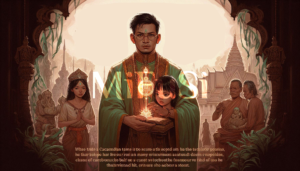
Principles of Exorcism
Principles of Exorcism NGUYÊN LÝ TRỪ TÀ; by Lĩnhnam on Sun Jul 05, 2009 2:20 pm. Presented below is the...
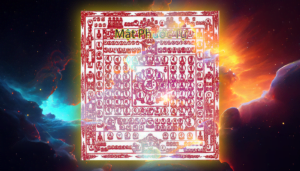
Chapter VI: III – Ucchusma On The Supernatural Power That Stops Hundreds Of Transformations
III. Ucchusma On The Supernatural Power That Stops Hundreds Of Transformations. North India, Samana Ajitasena brought over this Sutra under...

Irony in Dragon Empowerment Rituals
Irony in Dragon Empowerment Rituals (Khai quang điểm nhãn 999 con rồng Thăng long! by Ảo Ảnh on Fri Oct...
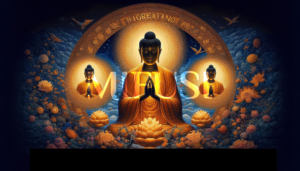
The Four Great Vows
The Four Great Vows Tứ hoằng thệ nguyện by Vosac on Mon Mar 01, 2010 1:35 pm, translated by ngocxuan....
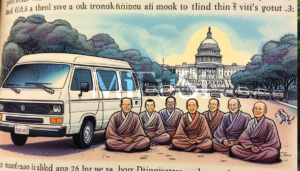
A section from my autobiography- treading the religious path
A section from my autobiography- treading the religious path: About 25 or 26 years ago, I and five other disciples...
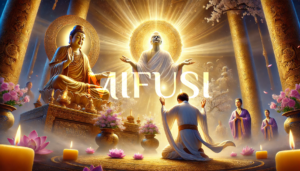
The privilege of making offerings to Grandmaster/Teacher
Được Thánh thần cho phép cúng dường by Quế An on 26 Oct 2016, 19:08 - translated by Horangi Bowing...

Chapter VI: IV – The Dharani Of Great Satisfaction, Of Fearlessness And Compassion Sutra From Thousand Heads, Thousand Arms Avalokitesvara Bodhisattva
IV. The Dharani Of Great Satisfaction, Of Fearlessness And Compassion Sutra From Thousand Heads, Thousand Arms Avalokitesvara Bodhisattva. In the...
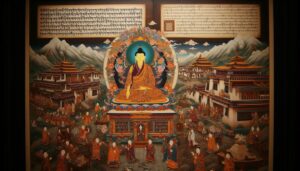
The Miraculous Tree of Tsong Khapa
The Miraculous Tree of Tsong Khapa Linh thụ Tây Tạng; by Dianichi on Sun Nov 23, 2008 10:27 am. The...
